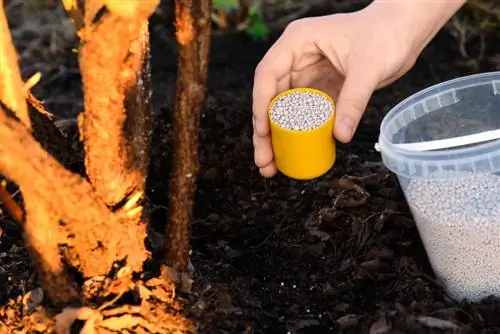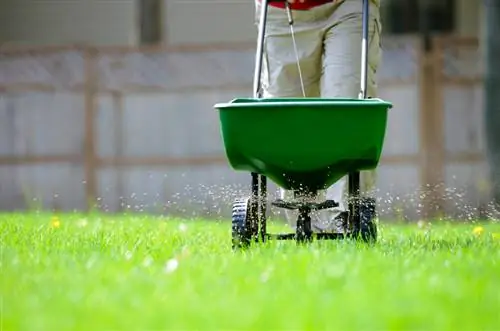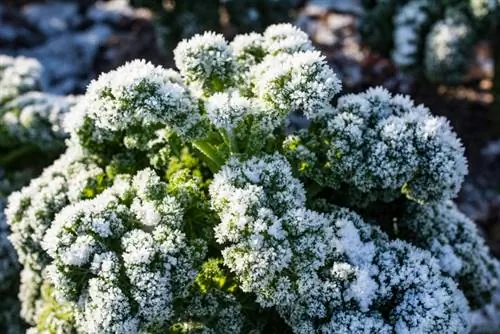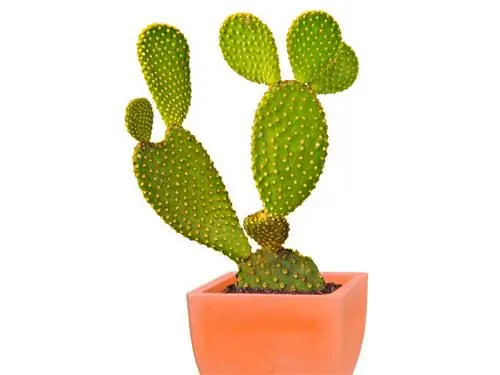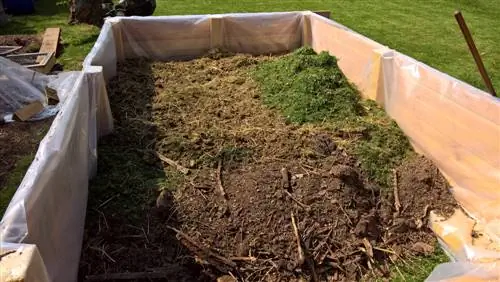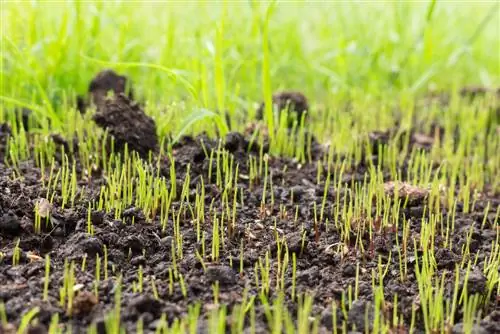- Author admin leonars@hobbygardeners.com.
- Public 2023-12-16 16:46.
- Last modified 2025-01-23 11:21.
Useful and ornamental plants rely on a suitable supply of nutrients in order to develop the desired flowers or fruits. However, proper fertilization not only includes the use of a suitable fertilizer in the optimal amount - not only under-supply, but also over-supply has serious consequences - but also the form of administration. You should never fertilize dry soil, but always water it first.
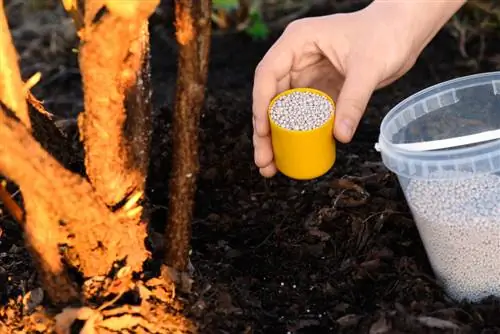
Should you water the plants after fertilizing?
When fertilizing plants, you should always water the soil first to ensure an even distribution of nutrients and to avoid burning the plant parts. After watering, the fertilizer is applied and lightly worked into the moist soil.
Do not fertilize on dry soil
If you apply the fertilizer on dry soil, it will not penetrate the roots and therefore will not fulfill its task. Worse still: the nutrients are not evenly distributed; instead, they clump together in a few places. This in turn results in over-fertilization in places, while other parts of the plant remain uncared for. The plants fertilized in this way grow irregularly, develop many leaves and shoots in the heavily fertilized areas, but wither away in the less fertilized areas. In addition, especially on hot and sunny days, fertilizing on dry ground can cause the plant parts there to practically burn.
Fertilize and water plants properly
For these reasons, watering before fertilizing is extremely important. Loosen the soil a little beforehand and create a watering edge, especially for large plants: Otherwise, if the soil is very dry, the water will run away on the surface before it can penetrate deeper. Now water thoroughly, but not excessively. Only then is the fertilizer applied and lightly worked into the now moist soil.
Mineral fertilizers
If you work with mineral fertilizers (€17.00 on Amazon), we recommend using slow-release fertilizers in the garden or liquid fertilizers for potted plants. You apply long-term fertilizer in spring and then know that your plants are adequately supplied until the end of the growing season. By the way, you can also dissolve some complete fertilizers in the irrigation water and then water the plants with it: This way you kill two birds with one stone.
Organic fertilizers
Even with organic fertilizers such as compost or manure, it is important that they are not incorporated into dry soil. It is also ideal for many ornamental and useful plants in the garden to use self-made plant manure as fertilizer, such as a mixture of nettle and horsetail broth as well as primary rock powder. These contain almost all the important nutrients and also have a strengthening effect, so that many pests don't even have a chance. When using such liquid fertilizers, prior watering is not necessary.
Tip
However, too much water can have the opposite effect when fertilizing, as the valuable nutrients can be washed away. For this reason, you should never fertilize in rainy weather, but only when it is dry and you can control the water supply.

